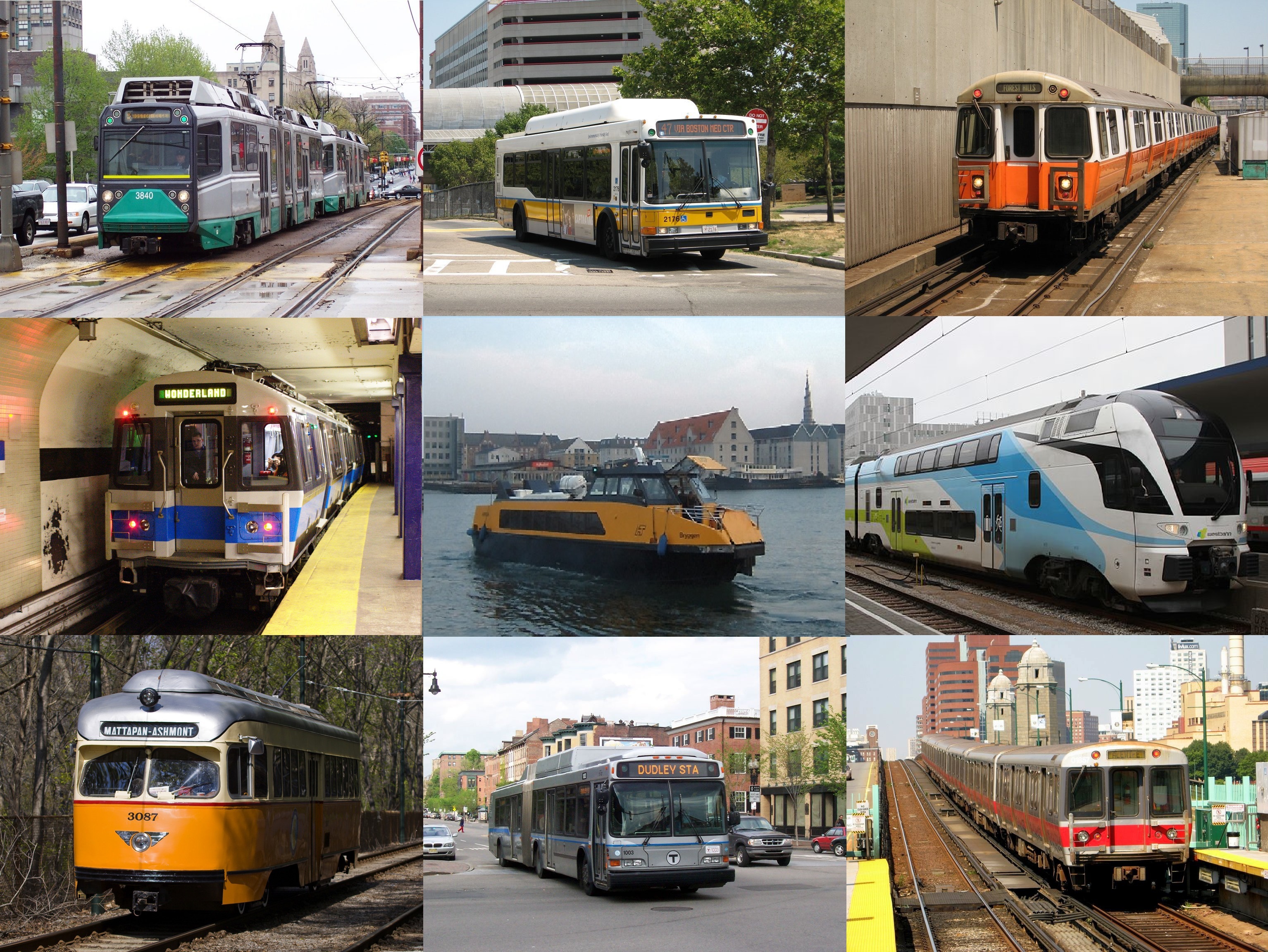Welcome to the comprehensive guide on UK living costs, where we aim to provide you with an in-depth understanding of the expenses associated with living in the United Kingdom. Whether you are planning to move to the UK for studies, work, or simply curious to explore the cost of living in this vibrant nation, we have curated a wealth of information to assist you in making informed decisions. From accommodation and groceries to transportation and healthcare, this article will shed light on various aspects of everyday expenditure, giving you a neutral and well-rounded view of the financial commitments you may encounter. Sit back, relax, and allow us to be your trusted companion on this enlightening journey through the intricacies of UK living costs.
UK Living Costs: A Comprehensive Guide
Understanding UK Living Costs
Living in the United Kingdom can be an incredible experience, but it’s important to have a clear understanding of the living costs to help plan your budget effectively. Here, we provide a comprehensive guide to the various expenses you might encounter while living in the UK.
Accommodation
One of the most significant costs you will encounter is accommodation. Rent prices will vary depending on the location, with London typically being the most expensive. Consider options such as shared houses or student accommodations to keep your expenses in check. It’s advisable to view multiple properties and compare prices to make an informed decision.
Tips for affordable accommodation:
- Consider living in outskirts or neighboring towns for lower rent.
- Research local council tax rates before choosing an area.
- Look for properties with included bills to simplify budgeting.
Transportation
Getting around in the UK is a breeze, thanks to well-connected public transportation networks. Expenses will vary based on your location and travel requirements. Major cities offer travel cards or passes that can provide savings for regular commuters. If you prefer driving, keep in mind the costs of fuel, insurance, parking, and vehicle maintenance.
Money-saving transport strategies:
- Plan and book train or coach tickets in advance for discounted rates.
- Consider cycling or walking for short distances to save on transportation costs.
- Car-share with colleagues or friends to split fuel and parking expenses.
Daily Expenses
When it comes to daily expenses, well, we all need to eat! Grocery shopping in UK supermarkets offers a wide variety of choices at different price points. Eating out, however, can be costly, particularly in popular tourist areas. Exploring local markets or budget-friendly eateries can help you enjoy tasty meals without breaking the bank.
Tactics for saving on daily expenses:
- Plan meals and prepare packed lunches to minimize eating out expenses.
- Shop at budget supermarkets and benefit from discount promotions and loyalty cards.
- Utilize student discounts and dine-in offers at restaurants to save on eating out.

1. Housing Expenses: Understanding the Varied Costs Across the UK
When it comes to housing expenses, the UK offers a diverse range of costs that can greatly impact your budget. Understanding these varied costs is essential for anyone looking to rent or purchase property in different regions of the country. From London’s bustling cityscape to the picturesque landscapes of Scotland, each area comes with its own set of financial considerations.
The expenses you may encounter in the UK housing market include:
- Rent: The cost of renting a property can significantly differ based on location. In metropolitan areas like London, where demand is high, rental prices tend to be considerably higher compared to smaller towns or rural areas.
- Mortgage Rates: If you plan to buy a property, it’s essential to be aware of the prevailing mortgage rates. These can vary depending on economic factors and individual lenders.
- Property Taxes: Property taxes, also known as council tax in the UK, vary between regions. Rates are determined based on the value of the property and the local council’s tax bands.
- Utilities: The cost of utilities, such as gas, electricity, and water, can significantly fluctuate across different areas. Factors like local supplier rates and environmental factors impact these expenses.
It’s worth noting that while housing costs may be higher in certain regions, there are often corresponding benefits such as proximity to amenities, employment opportunities, or cultural attractions. Understanding the varied expenses across the UK will enable you to make an informed decision based on your personal priorities and financial circumstances.

2. Essential Utilities: Managing Electricity, Water, and Gas Bills Effectively
When it comes to managing your household bills, it’s important to find effective strategies that can save both money and resources. Here are some helpful tips on how to manage your electricity, water, and gas bills more efficiently:
1. Energy-Saving Techniques:
- Replace traditional incandescent light bulbs with energy-efficient LED bulbs to reduce your electricity consumption and lower your bills.
- Unplug electronic devices that are not in use as they continue to consume power even in standby mode.
- Consider installing a programmable thermostat to regulate your home’s temperature, optimizing energy consumption throughout the day.
2. Water Conservation Strategies:
- Repair any leaky faucets or pipes promptly to prevent wasting water and inflating your water bill.
- Install low-flow showerheads and faucets to use less water while maintaining adequate water pressure.
- Use a dishwasher or washing machine with a full load to maximize water and energy efficiency.
3. Efficient Gas Usage:
- Insulate your home properly to prevent heat loss during colder months, which will significantly reduce your gas consumption and subsequently lower your bills.
- Consider energy-efficient appliances when upgrading your gas-powered equipment, such as a stove or water heater, to minimize energy wastage.
- Regularly maintain your gas appliances to ensure their optimal performance, as faulty or inefficient devices can lead to unnecessary gas consumption and increased expenses.
By implementing these practical tips and being mindful of your utility usage, you can take control of your electricity, water, and gas bills effectively, reducing both your environmental impact and monthly expenses.

3. Grocery Shopping: Navigating Supermarket Prices and Saving Tips
When it comes to grocery shopping, it’s important to navigate through the maze of supermarket prices and find ways to save. By implementing smart strategies and being conscious of your spending habits, you can keep your budget intact while still enjoying a full shopping cart. Here are some tips to help you become a savvy shopper:
1. Make a List
The first step to successful grocery shopping is creating a list before heading to the store. This simple action can help you stay focused and avoid impulse purchases. Take a few minutes to survey your pantry and fridge, and jot down the items you need. Remember to prioritize essential items and plan meals ahead to avoid over-purchasing or wasting food.
2. Compare Prices
Supermarkets often offer a wide range of prices for the same product. To make sure you’re getting the best deal, take the time to compare prices. Look out for special promotions or discounts on items you frequently buy. Additionally, consider visiting different supermarkets to compare prices on staple items. By doing so, you can strategize your shopping trips and save some extra cash in the long run.
3. Utilize Coupons and Loyalty Programs
Take advantage of coupons and loyalty programs offered by supermarkets. Many stores have loyalty cards or apps that provide exclusive discounts and personalized offers. Additionally, keep an eye on local newspapers or online coupon websites for valuable coupons that match your shopping list. It may require some extra effort, but the savings are worth it!
By following these tips, you’ll become a master at navigating supermarket prices and saving money during your grocery shopping trips. Remember to be mindful of your spending, prioritize essentials, and take advantage of available discounts. With a little planning, you’ll find that taking control of your grocery expenses is easier than you thought!

4. Transportation: Comparing Public Transport and Car Ownership Costs
1. Public Transport:
Utilizing public transport can be a cost-effective alternative to car ownership. Here are some key points to consider:
- Affordable Fare: Public transport usually provides a wallet-friendly option for daily commuters. With regular ticket prices often lower than the cost of fuel, maintenance, and parking associated with owning a car, it can significantly reduce transportation expenses.
- Saved Maintenance Expenses: By depending on buses, trams, or trains, you can forgo the expenses of regular maintenance and repairs that come with owning a vehicle. This can greatly contribute to cost savings in the long run.
- No Parking Hassles: One of the biggest advantages of public transport is the freedom from searching for parking spaces. This not only saves time but also eliminates parking fees that can add up over time. You can conveniently hop on and off, without the worry of parking availability.
- Reduced Environmental Impact: Choosing public transportation helps minimize your carbon footprint, as it reduces the number of cars on the road. By opting for greener travel options, like buses or trains, you are actively contributing to the preservation of the environment.
2. Car Ownership Costs:
While owning a car offers its perks, it also comes with certain financial considerations:
- Initial Investment: Purchasing a car involves a significant upfront cost, including the purchase price, insurance, and registration fees.
- Ongoing Expenses: Car ownership incurs a range of expenses that can accumulate over time, such as fuel costs, maintenance and repairs, insurance premiums, parking fees, and annual inspections.
- Depreciation: Cars are assets that depreciate over time, meaning their value decreases. It’s crucial to consider this factor when calculating the overall cost of car ownership.
- Tolls and Congestion Charges: Depending on your location, you may encounter additional expenses such as tolls or congestion charges that can substantially add to your transportation costs.
Ultimately, the decision between public transport and car ownership depends on several factors, including personal preferences, lifestyle, financial considerations, and access to reliable public transportation. By carefully evaluating these factors, you can make an informed choice that suits your specific needs and financial situation.

5. Healthcare Expenses: Unveiling the NHS and Private Healthcare Costs
When it comes to healthcare expenses in the United Kingdom, understanding the costs associated with both the National Health Service (NHS) and private healthcare can be of utmost importance. The NHS, funded by taxpayers, provides access to healthcare services that are free at the point of use, relieving the burden of high medical bills for the general population. On the other hand, private healthcare offers additional options and shorter waiting times but often comes at a cost. Let’s delve into the details and compare the expenses of these two healthcare systems.
The NHS:
The NHS is renowned for being a lifeline for millions across the UK. Through its comprehensive coverage, a wide array of primary care and specialist services are available to everyone, regardless of their ability to pay. Unlike private healthcare, the NHS does not require monthly premiums or upfront payments. However, certain charges are applicable for treatment not classified as immediately necessary, such as prescription fees, dental care, and eye tests. Nonetheless, exemptions are in place for those on low incomes, students, and individuals over a certain age.
Pros:
- Free at the point of use
- Comprehensive coverage
- Wide array of primary and specialist care services
- Exemptions available for specific groups
Private Healthcare:
For those seeking more flexibility and faster access to medical care, private healthcare can be an attractive option. Private healthcare providers offer an extensive range of services, including consultations with top specialists, private hospital stays, and access to cutting-edge treatments. However, these benefits come with a price tag. Individuals opting for private healthcare must navigate monthly premiums, specialist fees, and other out-of-pocket expenses. The costs vary depending on the chosen provider, treatment required, and optional extras such as private rooms or alternative therapies.
Pros:
- Greater flexibility and shorter waiting times
- Access to top specialists and cutting-edge treatments
- Personalized care options and amenities
In summary, while the NHS offers a wide range of healthcare services at no direct cost, some discretionary charges may apply. Private healthcare, on the other hand, enables individuals to receive faster access to personalized care but comes with financial obligations. Ultimately, the choice between the two depends on personal circumstances, medical needs, and individual preferences.
6. Leisure and Entertainment: Enjoying the UK’s Vibrant Culture without Overspending
The United Kingdom is known for its rich cultural heritage and vibrant entertainment scene. Exploring the country’s diverse offerings doesn’t have to break the bank. Whether you’re a local or a visitor, there are plenty of budget-friendly ways to immerse yourself in the UK’s thriving culture.
One of the best ways to enjoy leisure and entertainment in the UK is by taking advantage of free attractions. Museums and art galleries across the country often offer free admission or have designated days when entry is complimentary. Check their websites for more information. Notable examples include the British Museum in London, the National Galleries of Scotland, and the National Museum Cardiff.
In addition to museums and galleries, make sure to attend free events and festivals. Throughout the year, cities and towns in the UK host a variety of festivals celebrating music, food, art, and more. From the renowned Edinburgh Festival Fringe to local food markets, there is always something happening to suit your interests. Keep an eye out for upcoming events in your area and plan a visit without spending a penny.
- Venture into the great outdoors – Enjoy the picturesque landscapes of the UK by exploring its countryside. Take a leisurely hike in the stunning Lake District, explore the beautiful coastlines of Cornwall, or wander through enchanting forests. Nature provides endless entertainment, and it won’t cost you a penny.
- Discover the local music scene - Check out small music venues and pubs which often showcase talented local musicians. Enjoy live performances ranging from rock to jazz, folk to electronica, all while supporting emerging artists.
- Utilize discount websites and apps – To make the most of your leisure time, keep an eye out for discounted tickets, coupons, and deals on websites and mobile apps. There are often great discounts available for theater shows, concerts, and other events. Saving money on entrance fees allows you to experience more while staying within your budget.
Remember, leisure and entertainment in the UK don’t have to be expensive. From museums and free festivals to exploring nature and supporting local artists, there are countless ways to make the most of your experience without overspending. So dive into the vibrant culture of the UK today!
Future Outlook
In conclusion, this comprehensive guide aimed to provide an informative overview of the living costs in the United Kingdom. We have explored various aspects of day-to-day expenses, including accommodation, transportation, food, utilities, education, healthcare, and leisure activities. It is essential to note that living costs can vary significantly depending on the region and personal lifestyle choices.
The article began by discussing housing expenses, highlighting the differences between renting and buying a property in the UK. We then delved into transportation costs, emphasizing the various options available, such as public transport, owning a car, or cycling. Moreover, we examined food expenses, considering the cost of groceries, dining out, and the affordability of different cuisines.
Utilities, including electricity, water, and gas, were also discussed, alongside the average costs associated with them. We addressed educational expenses, providing insights into the costs of primary and secondary education, as well as higher education options and associated fees.
Furthermore, we shed light on the National Health Service (NHS) and the healthcare expenses that residents might encounter. Additionally, we touched upon recreational activities, from cinema and theater outings to sports and gym memberships.
While this guide aimed to offer a comprehensive overview, it is crucial to remember that everyone’s circumstances and preferences differ. Factors such as location, family size, lifestyle choices, and personal spending habits can significantly impact living costs.
We hope that this guide has provided you with a useful starting point for understanding and planning your living costs in the United Kingdom. By being aware of these expenses, you can better budget and make informed decisions to ensure a comfortable life within your means.





